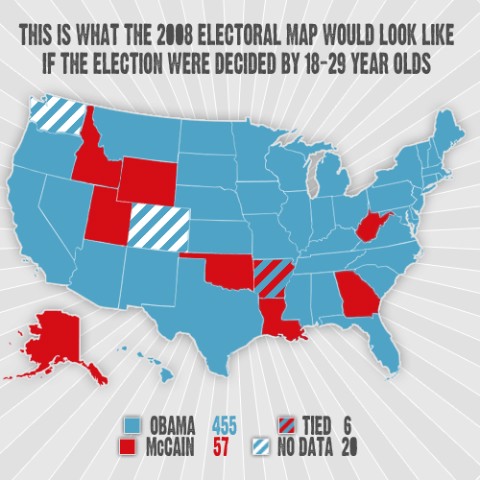
I recently read a shocking news article about the trial of two teens, accused of beating a Mexican immigrant to death. Despite clear evidence that the two former high school football stars, ages 17 and 19, were involved in a “physical altercation” with 25 year old Mexican Immigrant Luis Ramirez (even their lawyers did not deny this), both were found not-guilty for all charges they faced (aggravated assault, reckless endangerment, ethnic intimidation, and third-degree murder) by an all-white jury of six men and six women. The argument put forth by the defense was that while both teens were involved in the incident (which included other teens), neither of these two were responsible for the blows that led to Ramirez’s death from blunt force injuries two days later in a hospital. The defense also sought to portray Ramirez as the aggressor in the situation.
The prosecution, on the other hand, alleged that the teens, who were intoxicated, used racial epithets to bait Ramirez into a fight, a fight which ended with Ramirez “convulsing in the street, foaming from the mouth.” The 17 year old, Brandon Piekarsky, was accused of delivering the fatal kick to Ramirez’s head after he was knocked to ground.
I found the outcome of this case incredibly disturbing. The fact that two teens who were unarguably involved in a brutal beating and killing of another human being and managed to get away with it entirely unscathed is insane and horrifying. The nature of the horrific crime reminds me of the murder of Emmett Till which we studied about and discussed in class. In this case, two white men accused (and as evidence had shown were clearly guilty) of brutally beating and murdering 14 year old African American Emmett Till were also acquitted by an all white jury. The fact that these two cases share so much in common despite the fact that Emmett Till was murdered in 1955 prior to the Civil Rights Movement makes the current case increasingly disturbing. Gladys Limon, a spokeswoman for the Mexican-American Legal Defense and Education Fund stated:
"The jurors here [are] sending the message that you can brutally beat a person, without regard to their life, and get away with it, continue with your life uninterrupted... ...In this case, the message is that a person who may not be popular in society based on their national origin or certain characteristic has less value in our society.”
The extent of Ramirez's injuries, which had left his brain oozing from his skull, according to medical testimony, should have sufficed for a conviction other than simple assault, Limon said.
"The acts here were egregious in brutality and it's just outrageous and very difficult to understand how any juror could have had reasonable doubt, especially as to the aggravated assault and the reckless endangerment charges."
Limon stated that the group plans to press the Department of Justice to file federal charges against the teens.

































